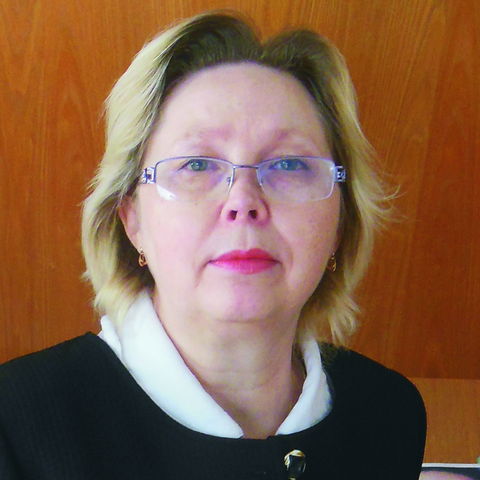Best Educational Programs: PHILOLOGY
PSKOV STATE UNIVERSITY
Faculty of Russian Philology and Foreign Languages
Bachelor’s program

SASHINA, Elena Vladimirovna
Program Director
Awards and achievements of the educational program. The educational program was accredited in 2012. Teachers and students join the Maiminskaya research school to do research. They take an active part in international and regional research and practical conferences and academic forums.
Pskov State University offers some more best educational programs in the field of Humanities:
LINGUISTICS - Bachelor’s program
Teaching staff. Eight Doctors of Sciences and 13 Candidates of Sciences with degrees in philology and pedagogics are involved in the program delivery. Thirteen Candidates of Sciences from other faculties of the university also teach in the program.
University partners within the educational program. Top management from the sector and the leading specialists from companies and institutions interested to get highly qualified employees are involved in the program delivery. These companies include Pskov Regional Universal Scientific Library, the research and cultural center Mikhailovskoe, Pskov State United Historical Architectural and
Students’ achievements. Students take an active part in international research conferences. Upon successful completion of the bachelor’s program graduates may choose to pursue their Master’s degrees.
Facilities and resources. The faculty has its own library (over 70,000 books). The faculty features a computer classroom with free internet access and language labs. There are eight multimedia classrooms with interactive boards, video facilities. The faculty has a few laboratories including media laboratory, research and education laboratory of the regional philological research, experimental laboratory of bilingual regional studies.
Opportunities for students. Upon completing the Bachelor’s program graduates may choose to pursue their Master’s and postgraduate degrees. During studies students have folklore, dialectological and on-the-job editorial practical training sessions. In the final year of the program students undertake editorial practical training, which takes place in editorial offices, printing and publishing departments and publishing houses.
Employment prospects. Textual critic, script editor, critic, specialist of linguistics, analyst, observer, director, humanitarian department officer, coordinator of exhibitions and expositions at literary and art museums, festivals and event designer, PR manager, corrector, editor, etc.